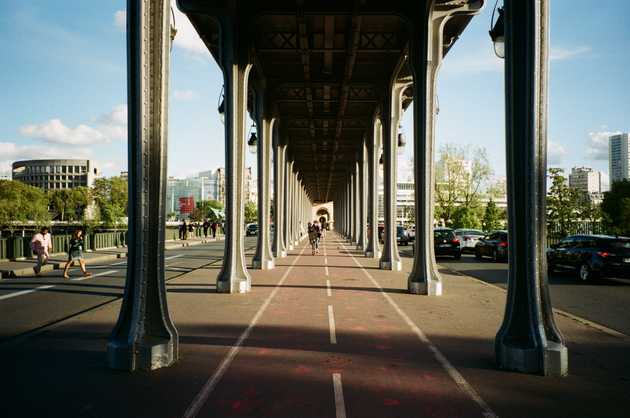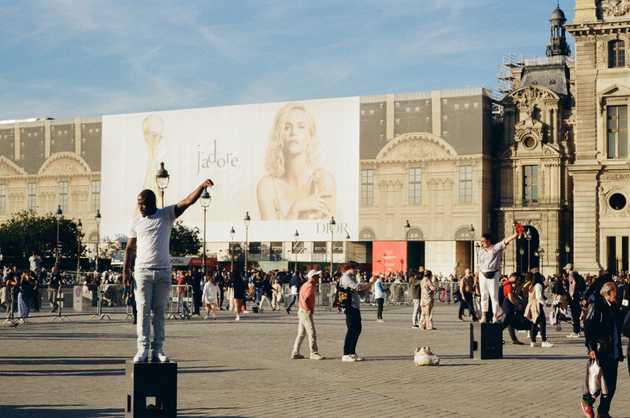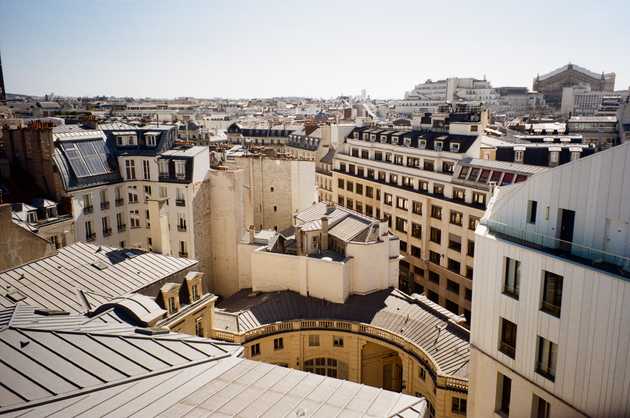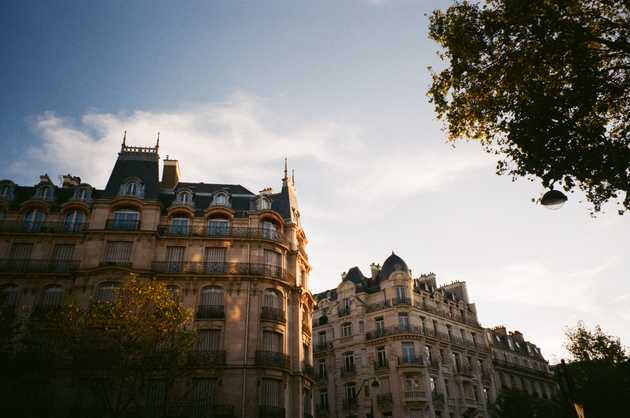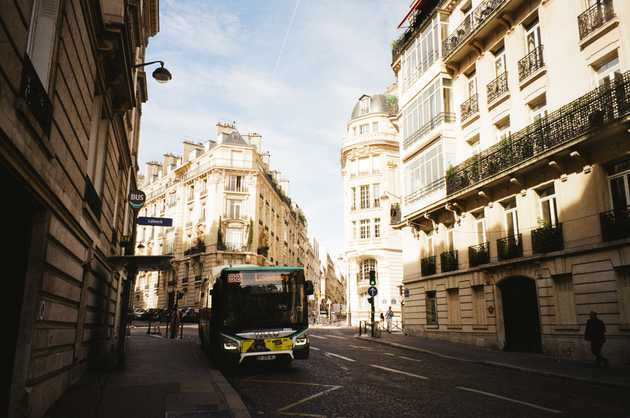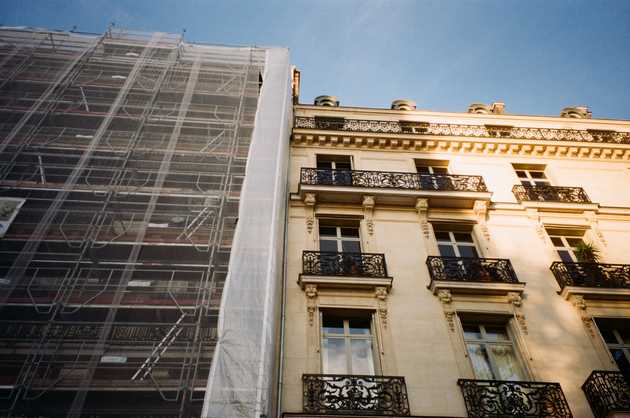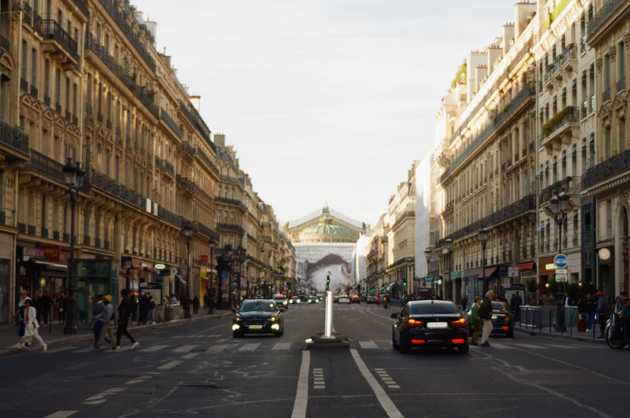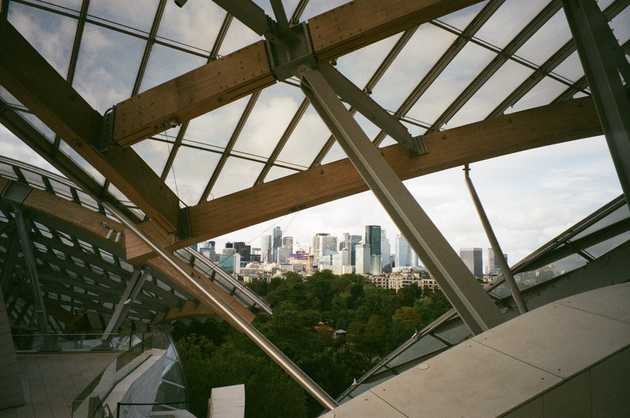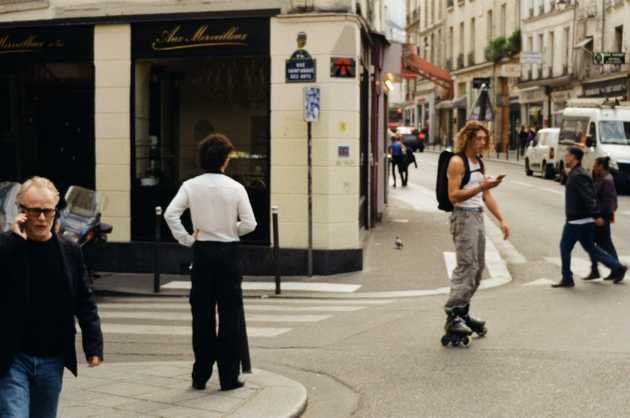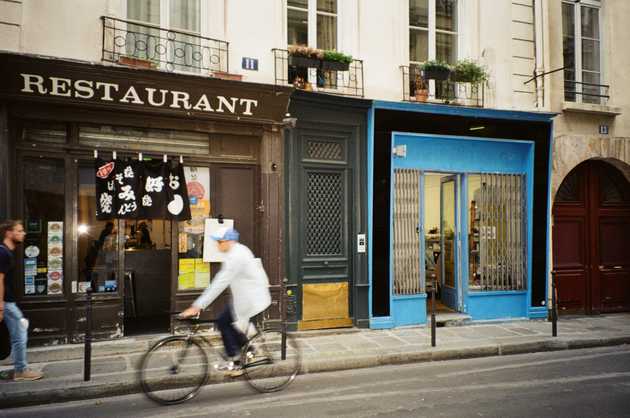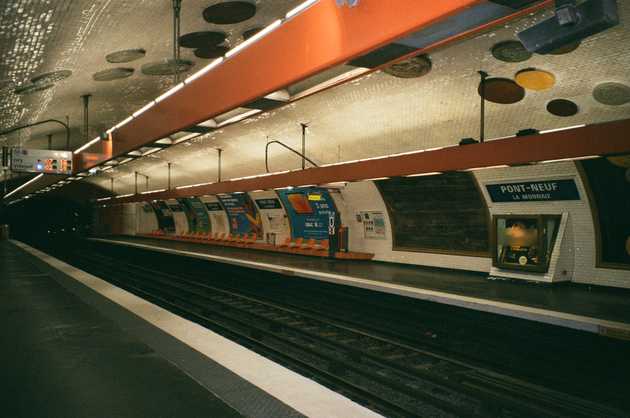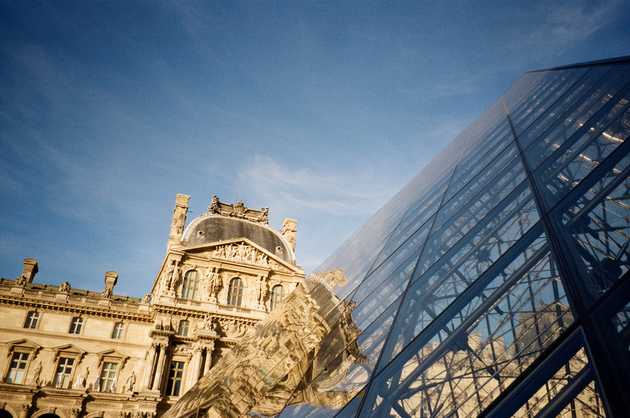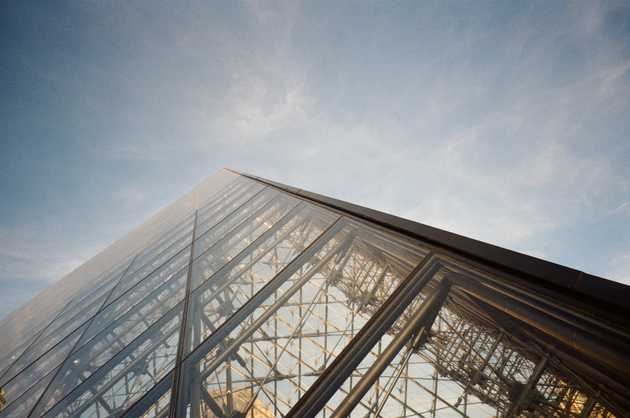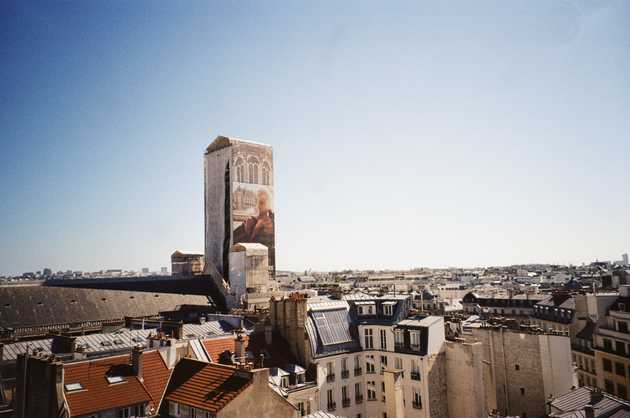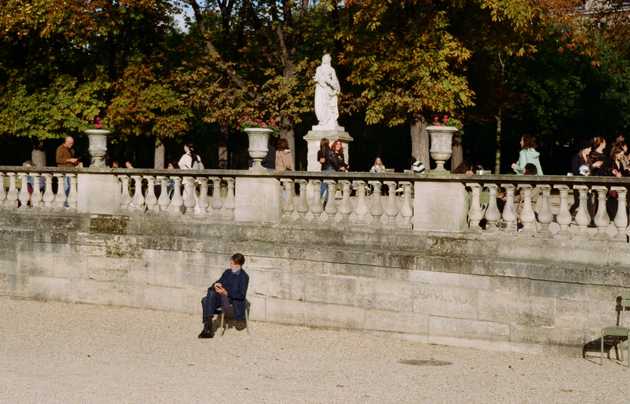Last year, I had the opportunity to travel to Europe for the first time. During my trip, I spent about a month exploring the continent and stayed in three different cities: Paris, Berlin, and London. Inspired by Paul Graham's Cities and Ambition, I made a conscious effort to jot down my first impressions of each city, trying to guess the unique message that each one was trying to convey to me. This first note is about Paris.
Flâneur
I enjoy traveling alone in a flâneur1 way. I maintain a very flexible travel schedule so that I can change my plans freely based on the people I meet and new information that I randomly bump into. I prefer to stay in hostels or on people's couches, and I love to wander aimlessly on the streets and talk to strangers.
Whenever I have a particular destination in mind, I oftentimes get off two stops before or after my intended destination intentionally. This way, I can explore more random places along the way. Some of my most cherished memories from my travels have been discovered through this "off-by-two-stops" method.
Wittgenstein’s Ruler
Remember Wittgenstein’s Ruler: if you don't know much about me, my opinions on these cities may reflect more on me than on the cities themselves. For reference, the only cities I have resided in for more than 1 month are Taipei, Chandigarh (India), New York City, and the San Francisco Bay Area.
Paris: A city of elegance that cherishes its legacy.
Below is a log of my first impressions of Paris, along with some photos I took with Fuji Industrial 100, Fuji C200, and iPhone.
It's overrated for tourists and underrated for flâneur.
The architecture of the city is exquisite. The simplicity and uniformity of the design in these yellow stone buildings create a unique harmony for Paris, which reminds me of what Steve Jobs observed when he visited Paris: you could parachute into any part of the city and immediately recognize that you were in Paris.
Many people who visit Paris complain about the rude behavior of Parisians towards tourists (the infamous tut-tut), especially when walking on the street. However, I believe that you can avoid these situations in a straightforward way: treat the sidewalk as a highway. 2 The same applies to New York City as well.
- When you want to slow down or stop on the sidewalk, look around and slowly pull over to the side. Keep up the pace with the crowd or pull over to the side. Don't make sharp brakes.
- When you want to change direction, don't make a sharp turn and avoid going in the opposite direction, just like you wouldn't on a highway.
The city places a high value on its historical legacy, but this sometimes comes at the expense of convenience and comfort. For instance, even if the weather can be scorching hot, installing air conditioning in certain apartments remains a challenge due to restrictions on altering the building façades to preserve its historical character. This kind of policy, along with a strong emphasis on data privacy and environmental protection, gives the impression that the city is determined to hold onto its past, prioritizing historical heritage over convenience and comfort.
The city feels like an older person trying to cling to its youth using heavy makeup instead of embracing the present. Although the city has a rich history, it may be relying too heavily on its past and not focusing enough on the present and future. 3
Even though they talk about environmental protection a lot, the city is still responsible for mass-producing fashion and luxury goods, which seems to be the opposite of environmentally friendly. Nonetheless, given how the younger generation here cares so much about sustainability, I still look forward to seeing more related innovations in these industries.
Parisians (or maybe Europeans) truly enjoy spending a lot of time chatting with their friends. When they hang out, it seems like the agenda can be just going to a park and chatting without even needing to sit down. They grab a coffee, a beer, or a glass of wine and chat for the whole afternoon. Perhaps that's why they don't need to adapt too many technological advances.
Had a short visit to Station F. The biggest challenges for tech startups in Paris (or maybe Europe) seem to be the lack of software talents and VC funding. The density of tech folks cannot reach the critical mass. That might be why Hugging Face and Data Dog are primarily based in New York City now.4 It might also make more sense for them to pursue innovation in the fashion or luxury industries, given they have resources like the LVMH venture.
There are so many people smoking cigarettes and throwing them on the street.
In the park, lots of people play 4v4 half-court basketball. Why 4v4?
The subway can be extremely hot and crowded, making it feel like you are in a huge moving sauna.
There are a few cool bars to check out, including a speakeasy within a speakeasy at La Mezcaleria Paris, the Red Doors, Le Perchoir, and the OG Harry's New York Bar.
I highly recommend using the audio guide Travel with Rick Steves while visiting popular spots like the Louvre. It enhances the overall experience by providing interesting commentary and guidance. It also makes the experience less stressful by letting you know what exhibitions are okay to skip. On the other hand, I visited Orsay without the audio guide and had a disappointing experience. The museum lacked clear signage, somewhat limited English translations, and even minor errors like typos in the descriptions. To be fair, I think I might be too picky for Orsay because I was kind of annoyed by how touristy it was at that time. And for the Louvre, following Travel with Rick Steves helps me ignore all the tourists and focus only on the artwork.
I still like the Pompidou the most, probably just because I'm more into modern art.
Walking on the streets of Paris at night is always quite lovely due to the dim yellow lights. The Île Saint-Louis neighborhood and the Canal Saint-Martin area are especially charming.
I was walking down the street while listening to the Acquire podcast introducing LVMH, and it was such a treat. I remember I was at Arc de Triomphe and realized how LVMH achieves scale economies on luxury goods despite the natural diseconomies of scale on luxury, where the more of something you make, the less valuable the luxury consumer will think it is. It was such an enlightening moment. Also, the value of art is about other people's expectations of its value, not just its intrinsic value. This concept perfectly describes Paris, too.
Cars in Paris are small.
There's a lovely neighborhood coffee shop in the 13th arrondissement where some old people read newspapers, young hippies read books, and an elderly Hong Kong lady works there just to kill time. There is also a random printer available for use.
Is Paris still a place for thinkers? Thinkers like Michel Foucault, Claude Lévi-Strauss, and Jean-Paul Sartre are why Paris initially interested me. However, it is possible that those times have passed, and the intellectuals have moved on to other places, similar to what Paul Graham said when he reflected on his time in Florence: "I've gone to the wrong place." "It wasn't some weird Florentine thing about art or some special Florentine sense of aesthetics. They were just the most progressive city." "I went to the place where the puck used to be over hundreds of years ago." 5
Thanks to Eric, Wayne, Emma, Katherine, Cathy, and anyone whom I met in Paris or who has given me recommendations!
-
^
From Antifragile, flâneur (or rational flâneur) is someone who, unlike a tourist, makes a decision opportunistically at every step to revise their schedule (or their destination) so they can imbibe things based on new information obtained. See The Art of Flaneuring or Flâneur for more.
-
^
I first learned this analogy in "Travel with Rick Steves".
-
^
Though the city seems to be reluctant to embrace technological change, maybe it's still the center for innovation in the humanities and social sciences?
-
^
It would be interesting to see if Mistral AI will do the same.
-
^
From Paul Graham on Ambition, Art, and Evaluating Talent (Ep. 186) | Conversations with Tyler.
Thanks to Angelica Kosasih for reading the draft of this.
